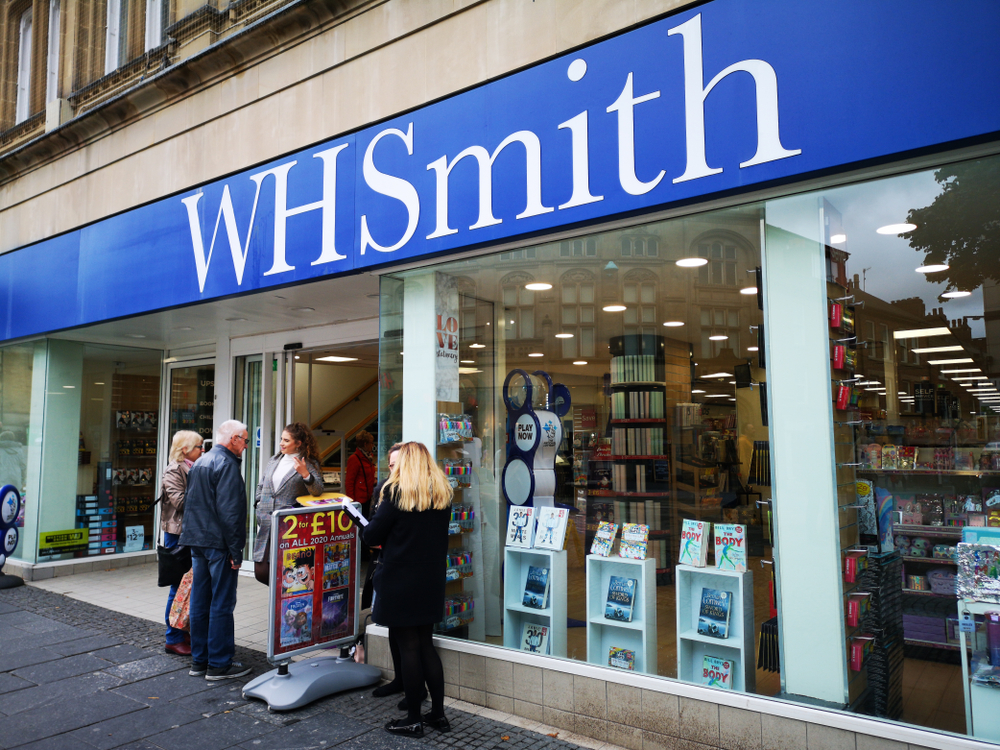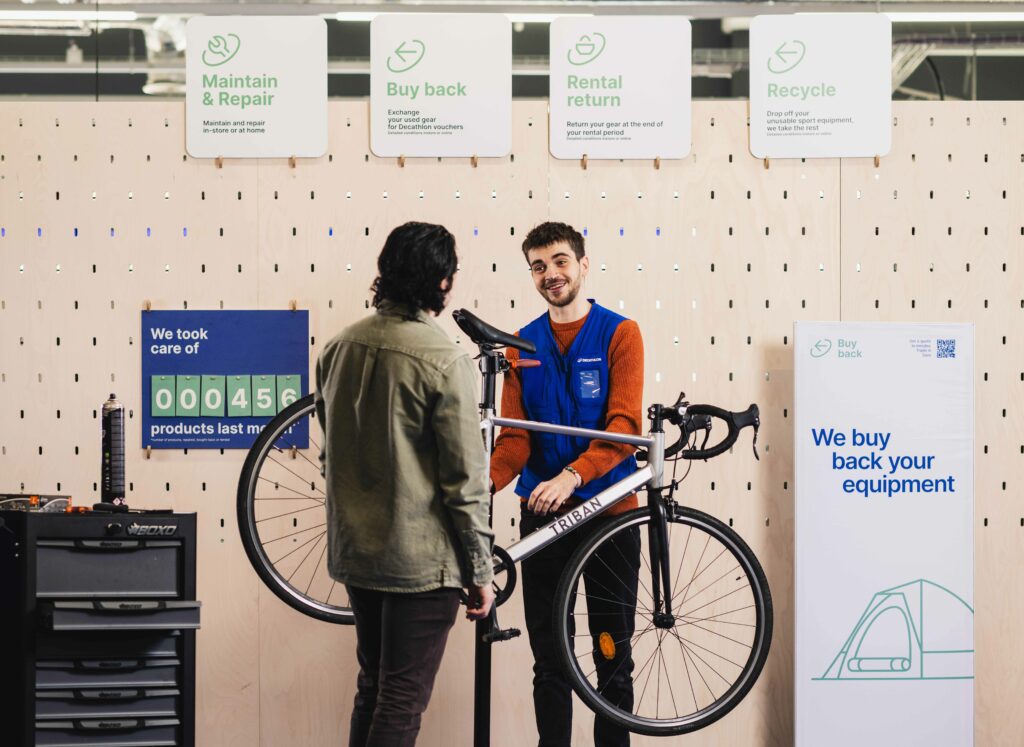Overseas growth is top of the agenda for most retailers, with 66 per cent of British retailers expecting their overseas sales to increase in the next five years, according to research released today.
According to Barclays, Germany is seen as the first choice for international expansion with 23 per cent of British retailers naming the country as their main focus for growth.
Closely followed by China and Australia, the figures justify Arcadia‘s recently announced partnership with Karstadt, while clothing retailer Next is set to launch a Chinese language site later in the year.
While some 68 per cent of UK retailers currently generate sales from abroad, nearly 80 per cent generate less than a quarter of their turnover overseas, though this is set to rise as the tough economic climate forces businesses to consider alternative markets.
Richard Lowe, Head of Retail & Wholesale at Barclays, explained the need to redevelop growth strategies within a complex market.
“British retailers haven‘t ventured in to Germany for a very long time and it is only in the last few years, as the economy has strengthened, that it has come to the fore again,” he said.
“The beauty of Germany, for clothing and footwear retailers in particular, is that it has a similar climate to the UK so there is no need to spend time and money adapting lines”.
However, Barclays also noted that ongoing expansion is no longer the endeavour of the world‘s largest retailers thanks to the increasing popularity of the e-commerce market. Of those retailers which have gained an overseas presence, only 35 per cent of sales generated are said to come from stores while 65 per cent comes from online sales.
When entering chosen markets in the future, 62 per cent of retailers said online was a primary concern as they plan to create transactional sites for foreign markets while just 18 per cent plan to open physical stores.
Portugal, Ukraine, Bahrain, the Czech Republic and Latvia are the least likely areas for retail expansion, the figures show, despite the fact that retailers believe it will take at least another two years before consumer spending in the UK improves.
Although Lowe is positive about the improvement in e-commerce and the resilience of the German market, Jon Copestake, retail analyst from the Economist Intelligence Unit, warned:“Retailers looking for joy in Germany could be very disappointed.
“German retail growth has been stagnant or negative for some years with an equally weak outlook, especially considering fallout from the Eurozone crisis.
“German consumers are bargain conscious and discounters such as Aldi and Lidl have a good market share. Retailers such as Neckermann, Karstadt and Metro AG, one of the world‘s largest retailers, have all been forced to cut jobs in recent months.
“For branded apparel things may be different and brands still appeal to aspirational consumers in a relatively polarised shopping culture, but the market could be fraught with risk as Eurozone uncertainty continues to dominate.”

















